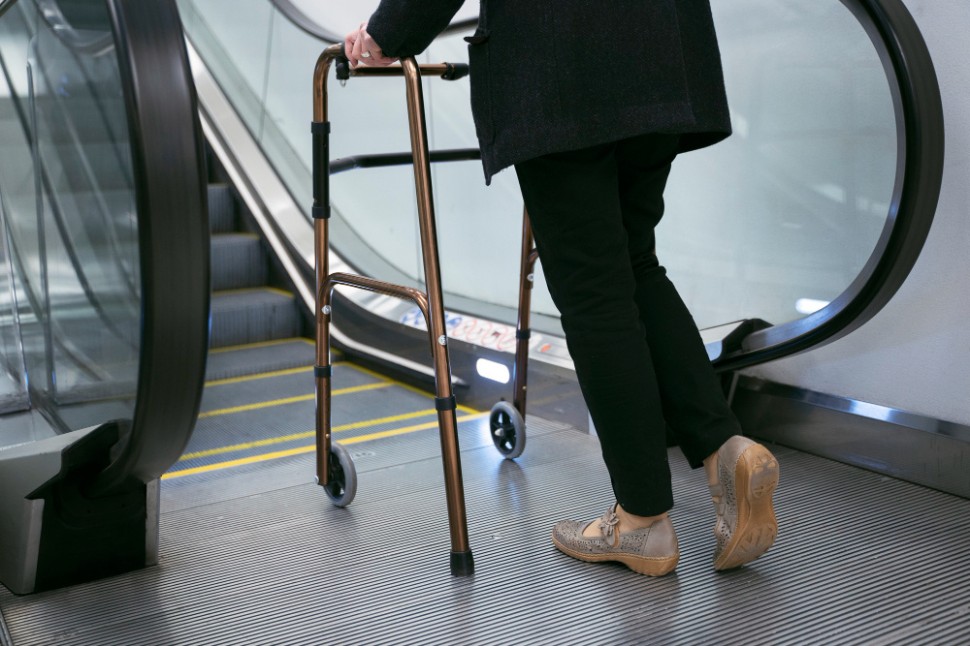The unique allure of escalators cannot be understated. They're everywhere: malls, airports, and subways catering to our need for motion. Yet, their charm doesn't negate the inherent danger. Shortsightedness on the part of property owners or management may result in significant escalator injuries. The resultant cost? A painstaking legal battle for compensation.

Potential Hazards within Moving Stairs
From minor cuts and bruises to severe amputation cases, escalators pose serious threats. The constant motion of escalator steps could trap clothing, shoelaces, or human parts. Falls result from unsteady footing, leading to varying degrees of bodily harm. Mechanical failures due to irregular maintenance trigger injuries, too. Entrapment of body parts or attire happens due to carelessness or escalator mishaps. And vulnerable groups like children and elderly folks remain at higher risk of such incidents.
Understanding Escalator Injuries under Personal Injury Laws
One may turn to personal injury laws for just recourse post-escalator injuries. The laws offer a legal remedy for parties injured due to someone else's negligence. The culpable party may be the property owner, the escalator manufacturer, or the maintenance company - all of which are obliged to uphold safety standards. If they falter, they become liable under personal injury norms.
Personal injury laws hold these entities up to a strict duty of care. They can face negligence charges if they neglect this duty, leading to an accident. Product liability laws will penalize the manufacturer if defective products cause an escalator mishap.
Legal Obligation and Escalator Safety
What is the 'duty of care' in the context of escalator injuries? It refers to the legal responsibility of maintaining escalator safety. Shared equally among the property owner, manufacturer, maintenance company, and building management team.
This duty includes regular maintenance checks and escalator inspections, warning of prospective threats, ensuring compliance with industry standards, and abiding by guidelines ligated by the American Society of Mechanical Engineers (ASME). They are also responsible for training and monitoring the maintenance staff competently and ensuring that the escalator equipment functions efficiently.
Identifying the Liable Entity
Who bears the responsibility for escalator injuries? Several parties, including,
- Property owner: As the custodians of the property containing the escalator, owners are expected to maintain a safe and functional escalator. Failure to ensure this safety leads to legal action.
- Building management: A neglectful or ignorant building management team could face lawsuits if the escalator causes injuries due to poor maintenance.
- Manufacturer: If faults in the escalator's design or build cause an accident, the manufacturer must endure legal repercussions.
- Maintenance company: If mishaps occur due to poor maintenance, the agency responsible for preserving the escalator is also liable.
- Other contractors: Inspection, installation, or repair companies related to escalators can be held accountable if their negligence results in an injury.
The liability determination can be challenging and often depends on the specific facts of each case. Therefore, seeking legal support from an experienced attorney is pivotal to understanding your rights and options.
Reach out for professional legal help immediately if you are a victim of an escalator accident. Act now; restore your safety and claim the compensation you deserve.




